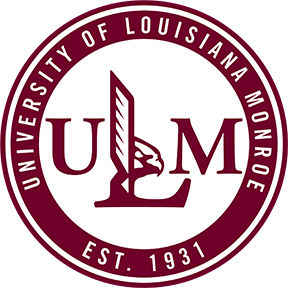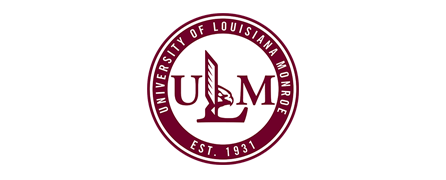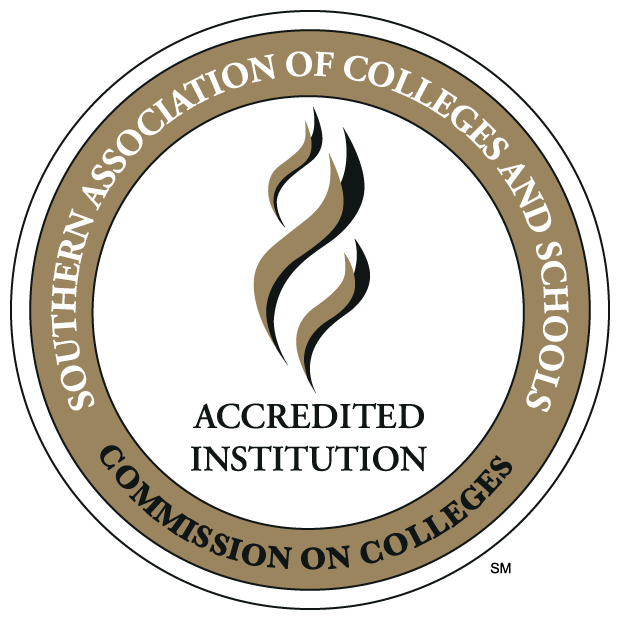四色AV College of Pharmacy Technical Standards听
The University of Louisiana Monroe College of Pharmacy (四色AV COP) is committed to graduating
qualified, practice-ready pharmacists. Candidates for the Doctor of Pharmacy degree
must be able to perform essential functions in each of the following categories: observation,
communication, sensory and motor coordination, intellectual-conceptual abilities,
and behavioral/social skills for completion of our program.
The 四色AV COP technical standards describe the essential functions student pharmacists
must demonstrate in order to fulfill the requirements of a general pharmacy education,
and thus, are prerequisites for entrance, continuation, and graduation from the College
of Pharmacy. The 四色AV COP will consider for admission any applicant who demonstrates
the ability to perform or to learn to perform the skills listed in this document.
As an advisory committee to the Dean, the Admissions Committee is instructed to exercise
judgment on behalf of the faculty to recommend the entering class, and to consider
character, extracurricular achievement, and overall suitability for the pharmacy profession
based upon information in the application and personal interviews. Applicants are
not required to disclose the nature of their disability(ies), if any, to the Admissions
Committee. However, any applicant with questions about these technical standards is
strongly encouraged to discuss the issue with the Director of Student Success and/or
the Assistant Dean for Student Affairs and Development prior to the interview process.
If appropriate, and upon the request of the applicant/student pharmacist, reasonable
accommodations will be provided.听 The program faculty will monitor maintenance of
these standards. Student pharmacists must be able to independently perform the described
functions as listed below:
Observation
Student pharmacists must be able to:
- observe demonstrations and conduct exercises in a variety of areas related to basic
pharmaceutical sciences, medical illustrations and models, and contemporary pharmacy
practice, including but not limited to, monitoring of drug response and preparation
of specialty dosage forms.
- observe a patient accurately at a distance and close at hand, noting nonverbal as
well as verbal signals. Observation necessitates the functional use of the sense of
vision, hearing, somatic, and other sensory modalities. Specific vision-related requirements
include, but are not limited to, the following abilities:
- visualizing and discriminating findings on drug or fluid monitoring tests.
- reading written and illustrated material.
- observing demonstrations in the classroom or laboratory, including projected slides
and overheads.
- observing and differentiating changes in body movement.
- observing anatomic structures.
- discriminating numbers and patterns associated with diagnostic and monitoring instruments
and tests.
- competently using instruments for monitoring drug response.
- observing the activities of technical staff operating under their supervision.
Communication
Student pharmacists must be able to:
- communicate effectively, efficiently, and quickly in oral and written English with
instructors, peers, patients, caregivers, and other healthcare providers.
- relate effectively and sensitively with patients and their caregivers and convey a
sense of compassion and empathy.
- communicate clearly with, listen to, and observe patients in order to elicit information,
accurately describe changes in mood, activity and posture, and perceive verbal as
well as nonverbal communication.
- demonstrate proficiency using electronic communication and information systems.
Sensory or motor coordination or function
听Student pharmacists must be able to:
- have enough sensory and motor function to monitor drug response and to prepare and/or
dispense all forms of pharmaceuticals.
- reasonably execute motor movements required to participate in the general care and
emergency treatment of patients, including medication administration (e.g., subcutaneous
or intramuscular injections, performance of cardiopulmonary resuscitation, or administration
of first aid).
- withstand the physical stresses imposed by the typical daily routine of the pharmacy
practitioner in a variety of settings.
Intellectual-conceptual integrative and quantitative abilities
Student pharmacists must be able to:
- possess and demonstrate a fundamental and continuing ability to use intellectual skills
that allow mastery of the abundant and complex knowledge and experiences that encompass
the professional pharmacy curriculum.
- adapt to various teaching, learning, and assessment strategies conducted in various
classroom and practice settings.
- multi-task to solve problems using measurements, calculations, recall, reasoning,
analysis, and synthesis of complex information.
- integrate and process data promptly and accurately to solve patient care problems
in a competent manner.
Behavioral attributes
Student pharmacists must:
- possess emotional and mental health sufficient to allow them to complete a very challenging
didactic and experiential curriculum. This includes the ability to function in stressful
and changing environments while making timely and appropriate decisions.
- have emotional and social skills to interact professionally with faculty and staff
members, fellow student pharmacists, other health professionals and their students,
as well as patients and their caregivers.
- must be aware, always, of and appropriately react to their own immediate emotional
responses and environment.
听



